In the Middle Ages, love, sex and marriage were complicated matters to negotiate. New and revised edition of the classical handbook from Routledge offers a thorough introduction
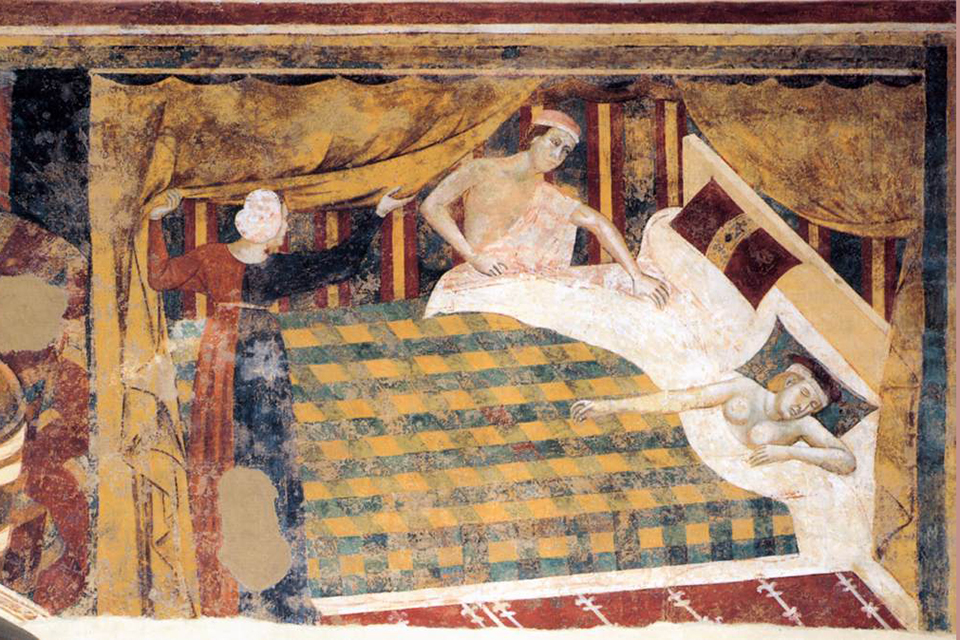

In the Middle Ages, love, sex and marriage were complicated matters to negotiate. New and revised edition of the classical handbook from Routledge offers a thorough introduction
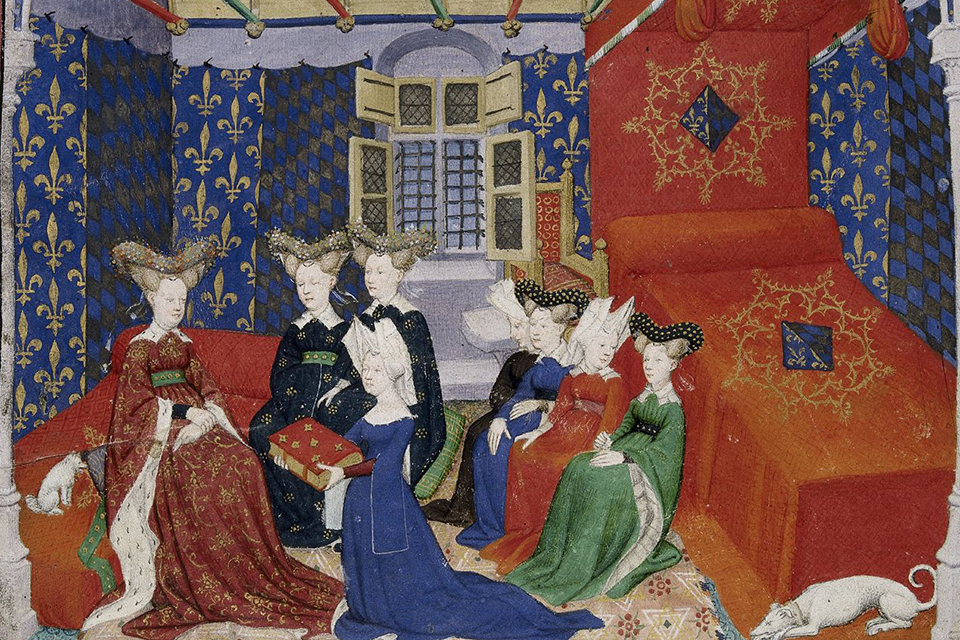
Was it different to strike a female friendship in the Middle Ages? New book seeks to answer this question by exploring the way women thought about and performed their friendships
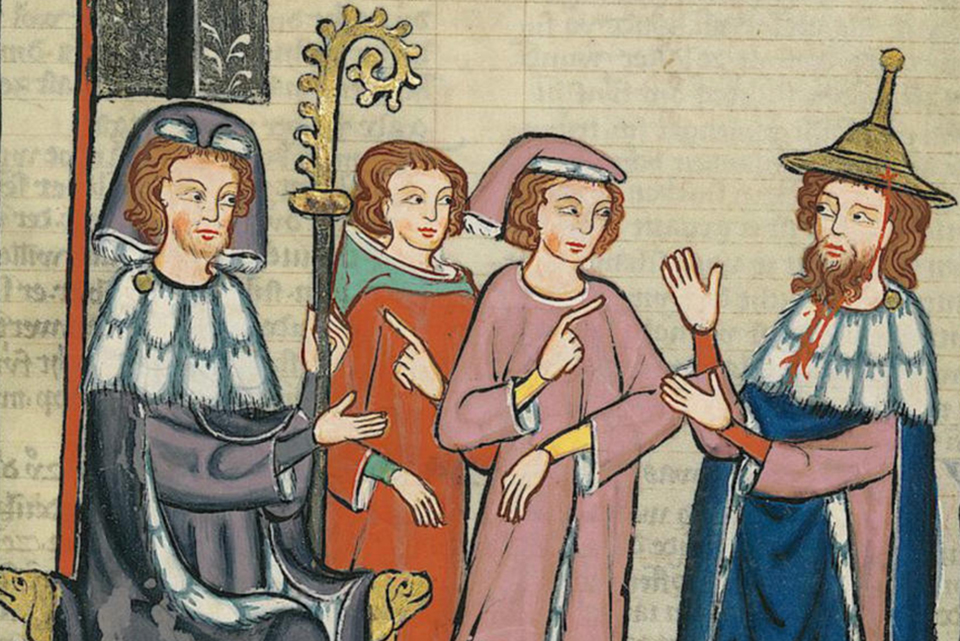
Jewish Woman lived complicated lives experiencing family, sex, work, faith and cris in a particular way. New book serves as an important introduction
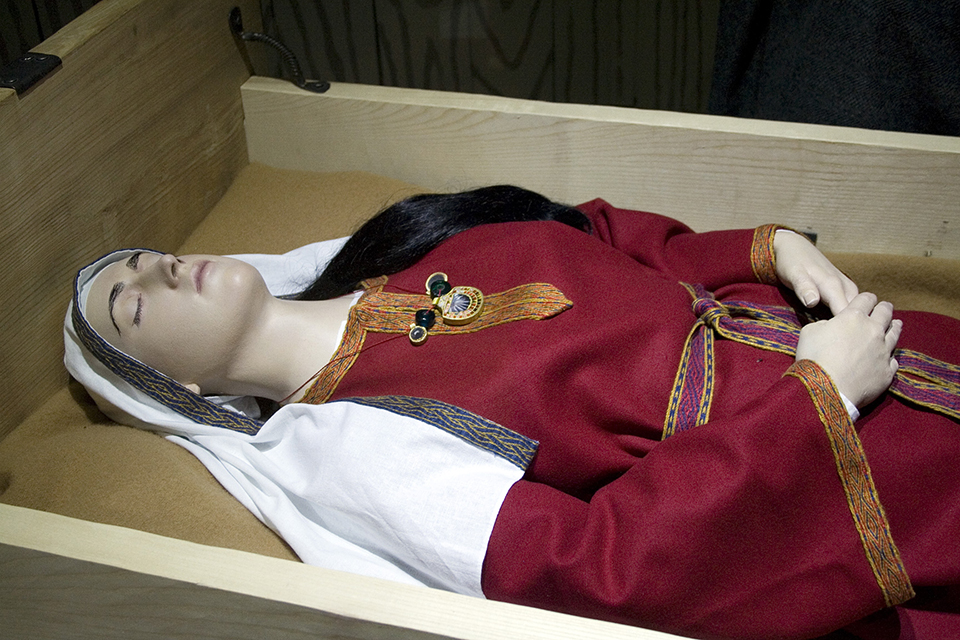
Medieval women have a hidden story, often wilfully erased by male chroniclers from the Middle Ages as well as later scholars and historians.
New book engages with well-known stories, but in an engaging and new manner
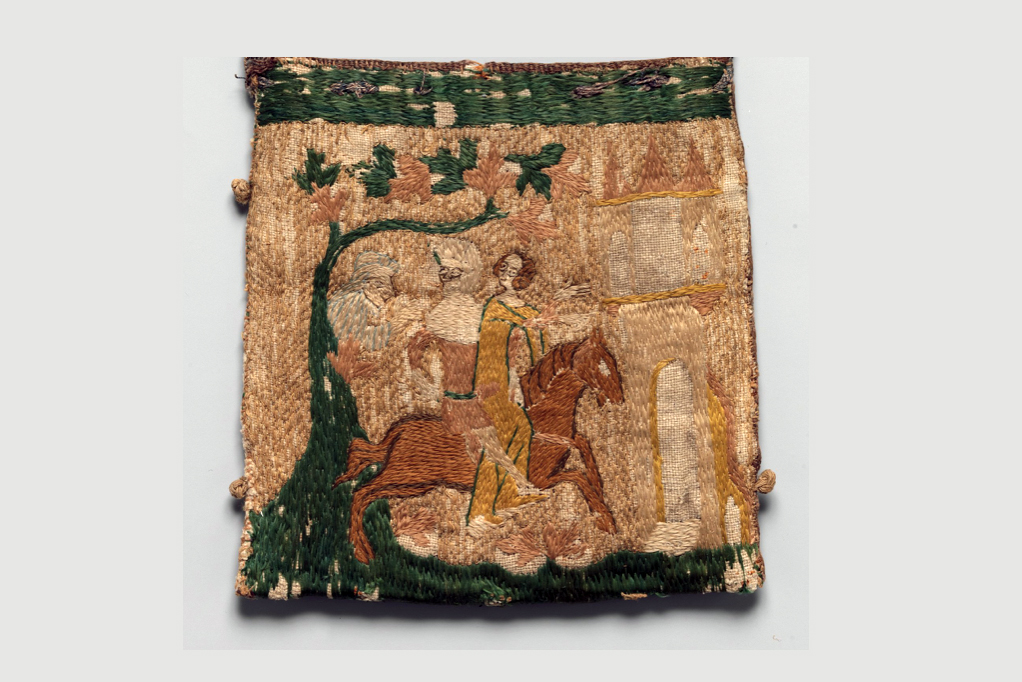
What was life like for medieval women? A new book tells the story in detail while offering copious illustrations
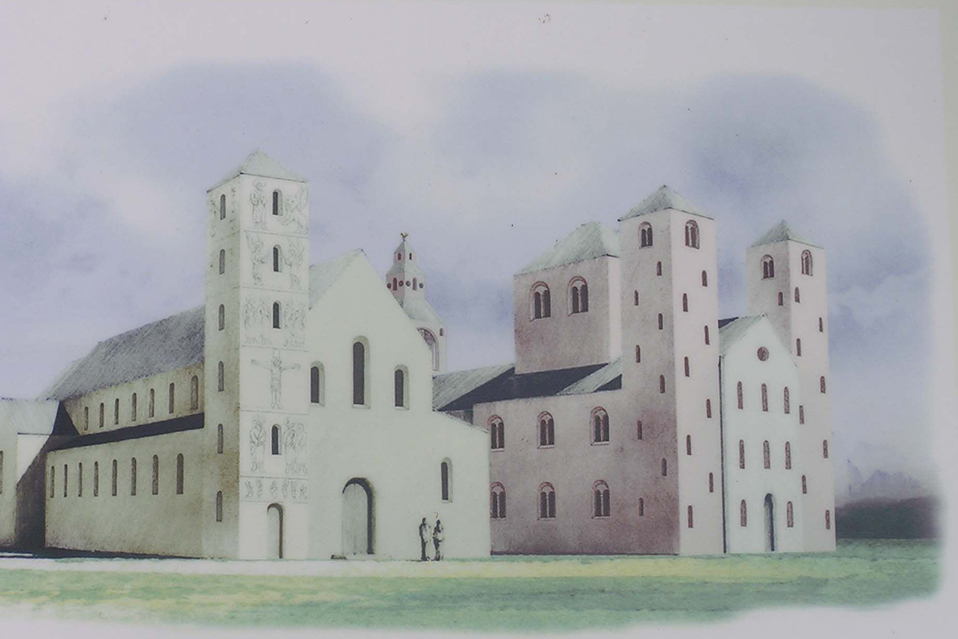
Early Medieval Winchester: Communities, Authority and Power in an Urban Space, c. 800-c.1 200
Ed by Ryan Lavelle, Simon Roffey, and Katherine Weikert
Oxbow Books 2021
Winchester’s identity as a royal centre became well established between the ninth and twelfth centuries, closely tied to the significance of the religious communities who lived within and without the city walls.
The reach of power of Winchester was felt throughout England and into the Continent through the relationships of the bishops, the power fluctuations of the Norman period, the pursuit of arts and history writing, the reach of the city’s saints, and more.
The essays contained in this volume present early medieval Winchester not as a city alone, but a city emmeshed in wider political, social, and cultural movements and, in many cases, providing examples of authority and power that are representative of early medieval England as a whole.
1. Communities, Authority and Power in Winchester, c. 800–c. 1200
Katherine Weikert, Ryan Lavelle, and Simon Roffey
2. Capital Considerations: Winchester and the Birth of Urban Archaeology
Martin Biddle
3. The King’s Stone: Peace, Power and the Highway in Early Medieval Winchester
Alexander James Langlands
4. Royal Burial in Winchester: Context and Significance
Barbara Yorke
5. Constructing Early Medieval Winchester: Historical Narratives and the Compilation of British Library Cotton Otho B.XI
Sharon M. Rowley
6. Winchester, Æthelings and Clitones: The Political Significance of the City for Anglo-Saxon Royalty and Norman Nobility
David McDermott
7. The Execution of Earl Waltheof: Public Space and Royal Authority at the Edge of Eleventh-Century Winchester
Ryan Lavelle
8. Queen, the Countess and the Conflict: Winchester 1141
Katherine Weikert
9. Lantfred and Local Life at Winchester in the 960s and 970s
Mark Atherton
10. Wælcyrian in the Water Meadows: Lantfred’s Furies
Eric Lacey
11. SK27, Or A Winchester Pilgrim’s Tale
Simon Roffey
12. The Early Jewish Community in Twelfth-Century Winchester: An Interdisciplinary View
Toni Griffiths
13. Henry of Blois and an Archbishopric of Winchester: Medieval Rationale and Anglo-Saxon Sources
Alexander R. Rumble
14. Swithun in the North: A Winchester Saint in Norway
Karl Christian Alvestad
Ryan Lavelle is a senior lecturer in medieval history at the University of Winchester where he teaches on Anglo-Saxon England, the Normans and the Norman Conquest, and the Carolingian Renaissance. He specialises in late Anglo-Saxon political history, including royal landholding, especially in Wessex, and early medieval warfare. He is the co-editor of Danes in Wessex (Oxbow 2016).
Simon Roffey is a reader in medieval archaeology at the University of Winchester with research interests in the archaeology of the medieval period, the archaeology of Winchester, church and building archaeology and the influence of the medieval period on creative writing and popular culture, including novels, films, games and art forms.
Dr Katherine Weikert is Senior Lecturer in Early Medieval European History at the University of Winchester. Her main areas of research examine the connections between gender, space and authority in England and Normandy ca 900 to 1200, female hostageships in the central Middle Ages, and the political uses of the medieval past.
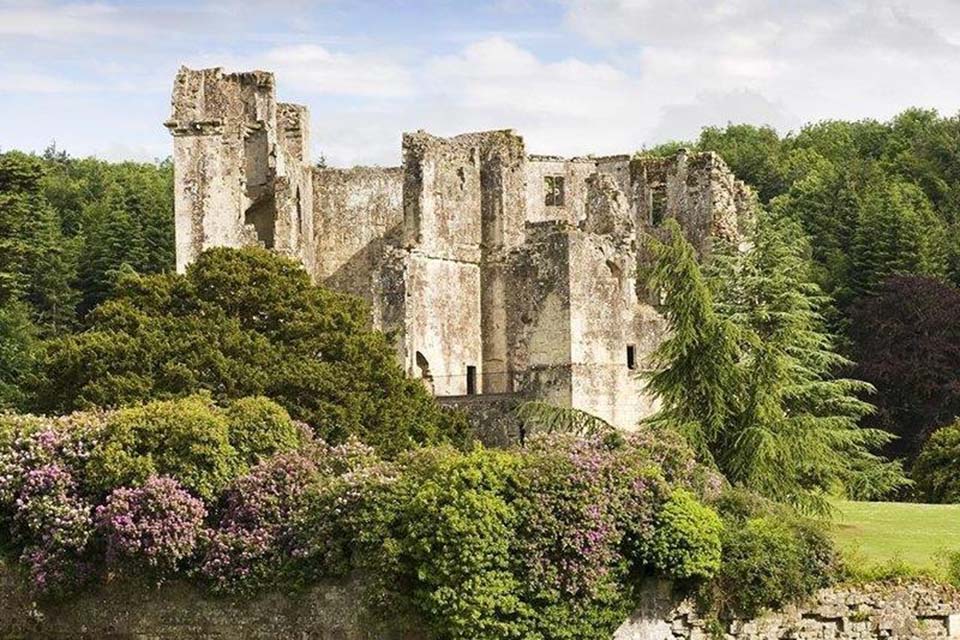
A vibrant history of the castle in Britain, from the early Middle Ages to the present dayA vibrant history of the castle in Britain, from the early Middle Ages to the present day
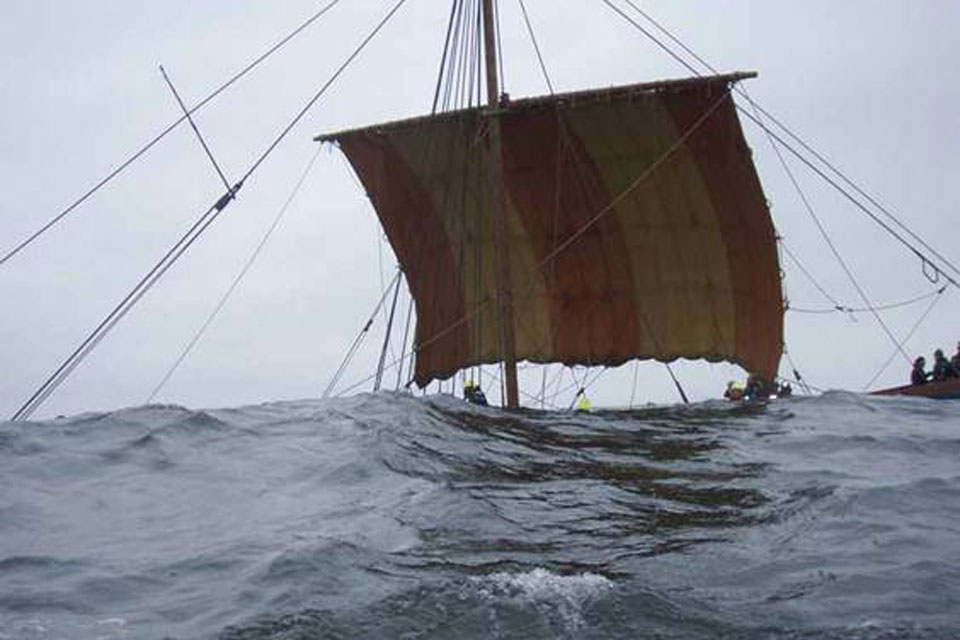
The story goes that a Viking learned to keep a stoic face if their ship was lost. However, if the ship sank together with the sails, he cried. New book tells the story of the production system and the economy of the textiles in Viking Age Society
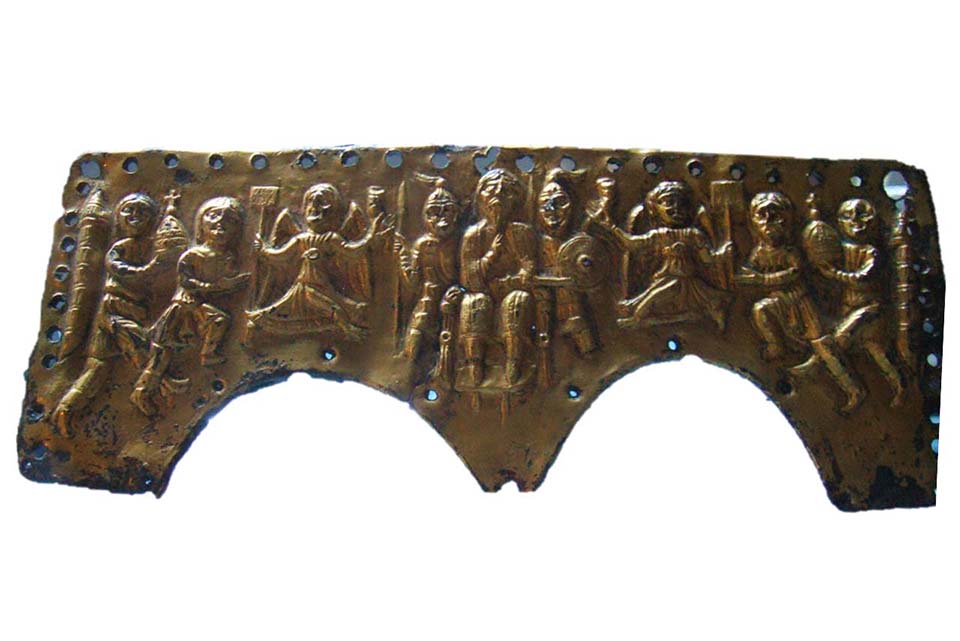
Studies have shown that people in the Middle Ages were inherently more violent than at other times. New book explores how this violence played out in Medieval Italy 568-1154
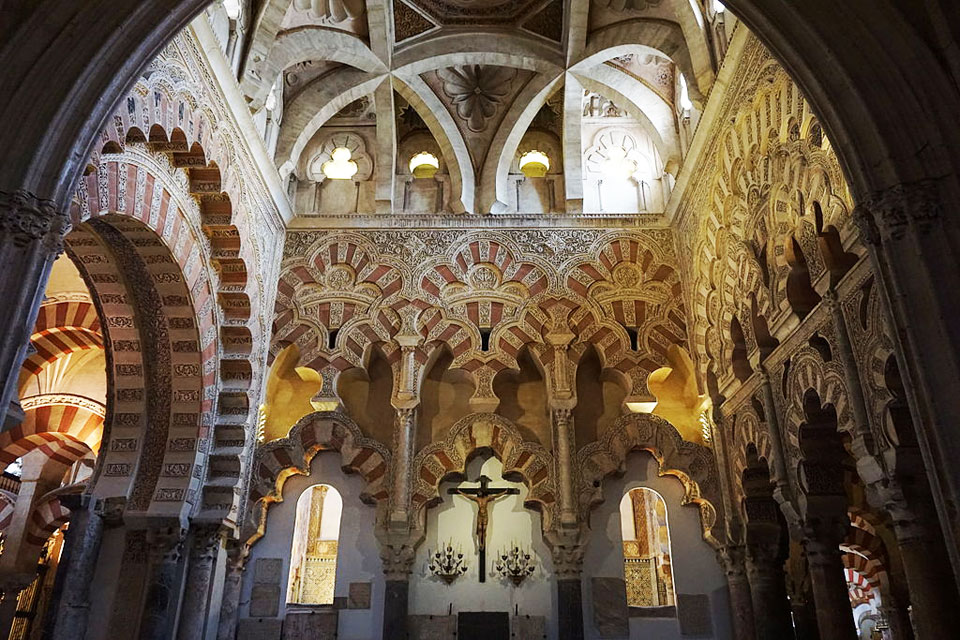
During the Middle Ages, the Cross and its veneration became a key topic in numerous Islamic and Christian treatises. New book explores the theologies behind
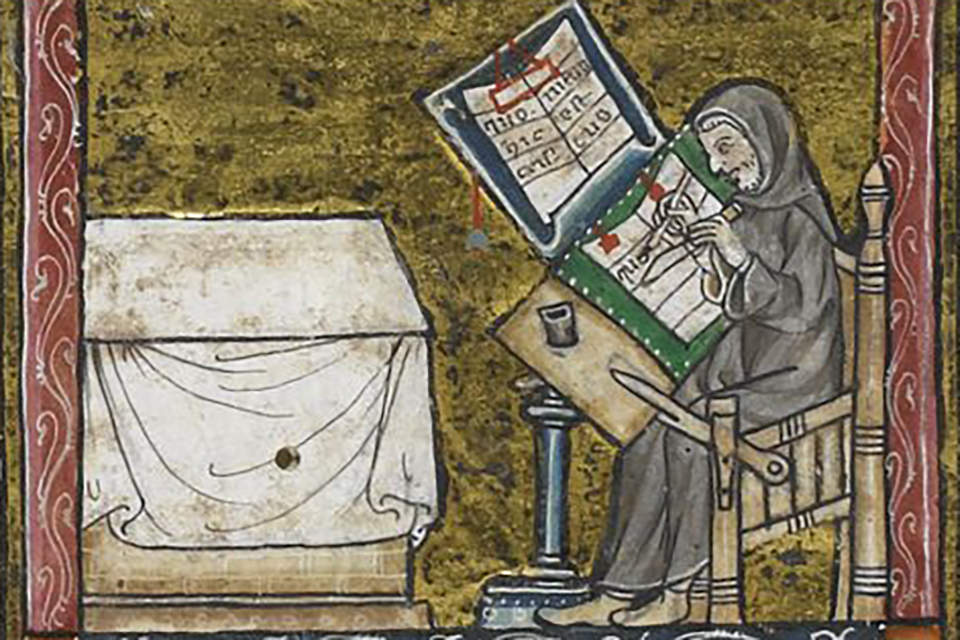
A close analysis of forgeries and historical writings at Saint Peter's, Ghent; Saint-Denis near Paris; and Christ Church, Canterbury, offers valuable access to why medieval people often rewrote their pasts.
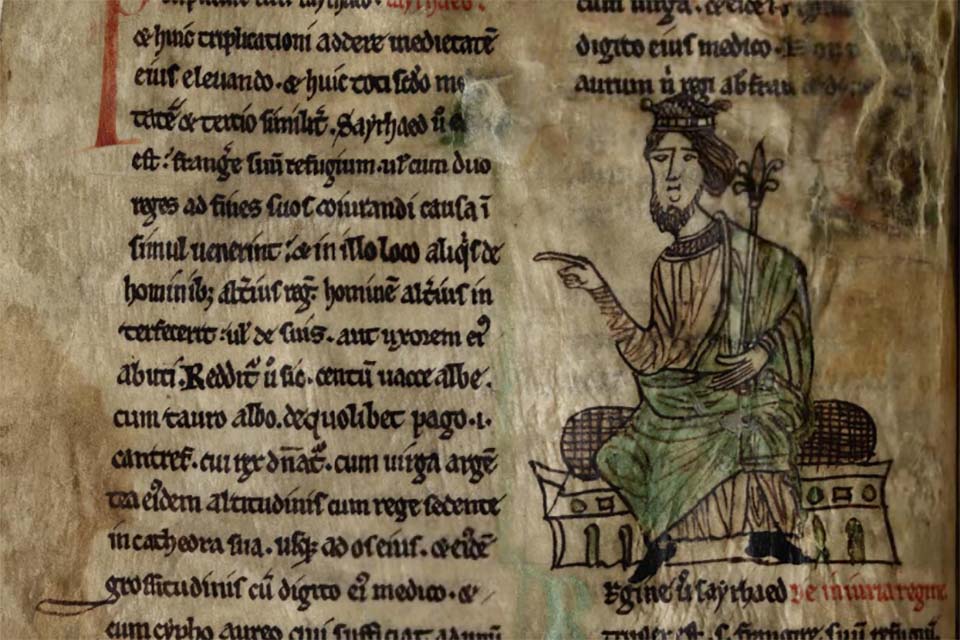
New book presents a collection of crucial texts from ninth- and tenth-century Wales analysed to show their key role in identify formation
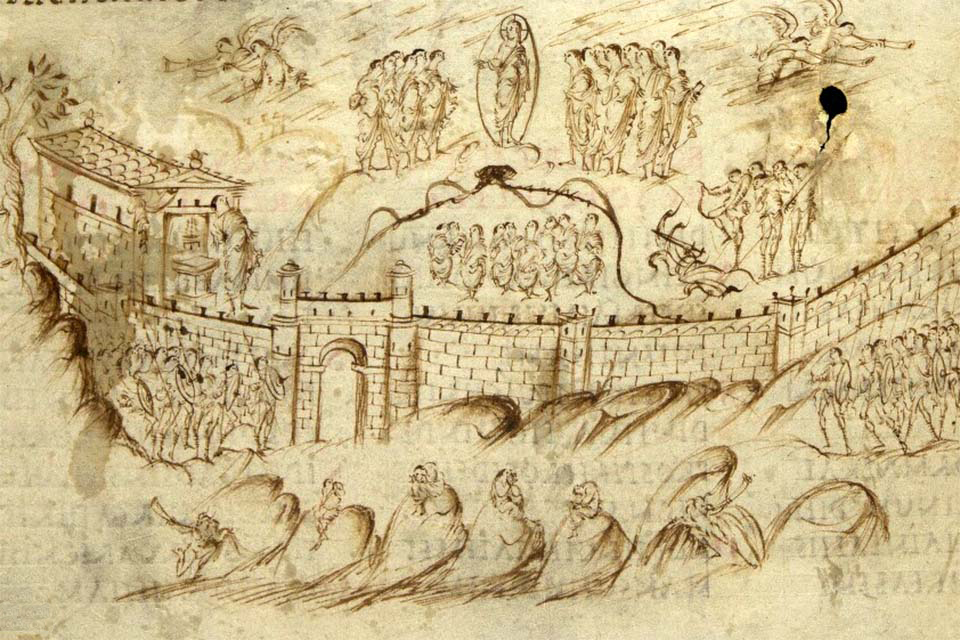
Participation in society in the Greek and Roman eras was a question of civic identy. The main question raised in the new collection of articles focus on the question how these civic identities lived on and took new forms in the Early Middle Ages
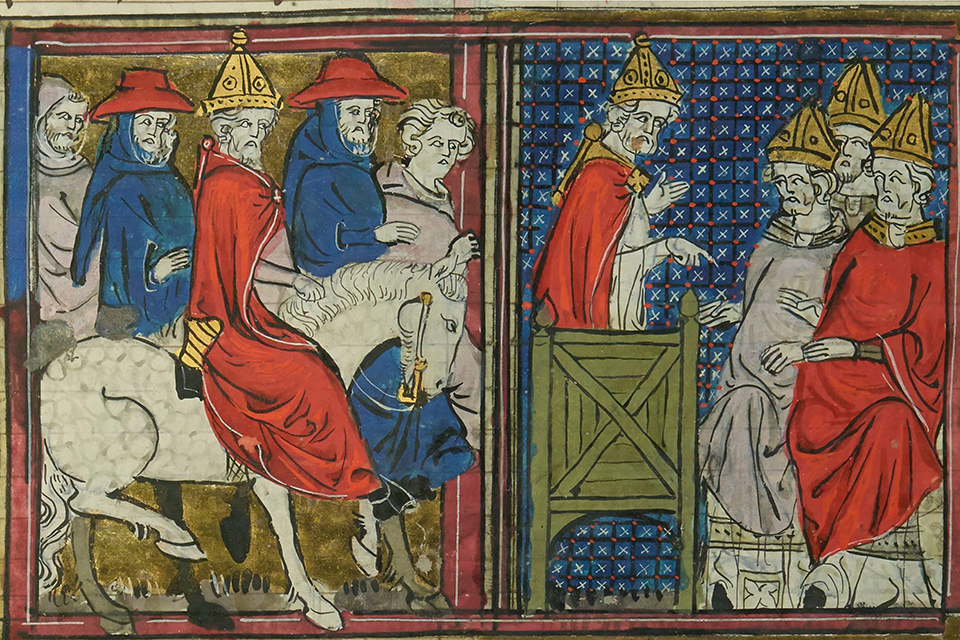
Which military campaigns were propagated as crusades? How were they established as crusades? And as such: what role did crusades play in the formation of European and Christian togetherness and idetuty formation?
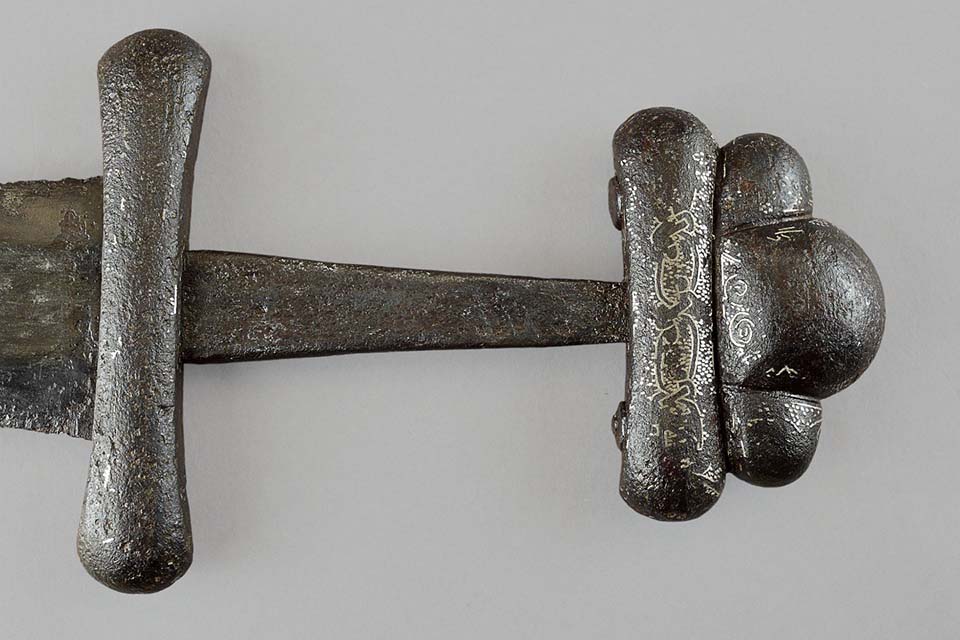
This is a list of books published in the last decades. Together, they represent a selction which may serve as an introduction to the new understanding of the Kyivan Rus' and the formaion of one of the largest medieval European kingdoms at the turn of the first millenium
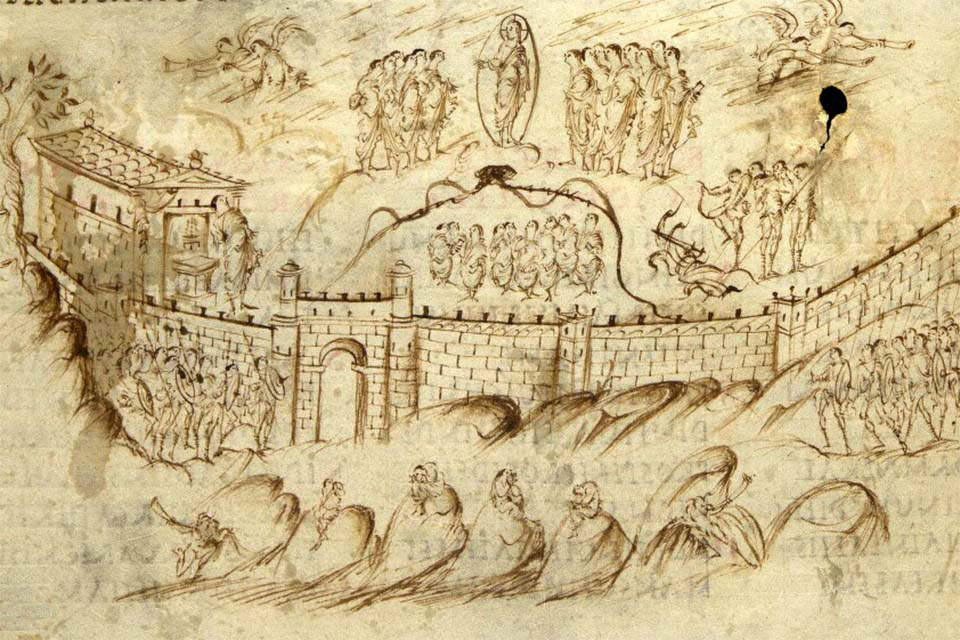
New Book focus on citizenship, civic identity and civic participation in Late Antiquity and the Early Middle Age